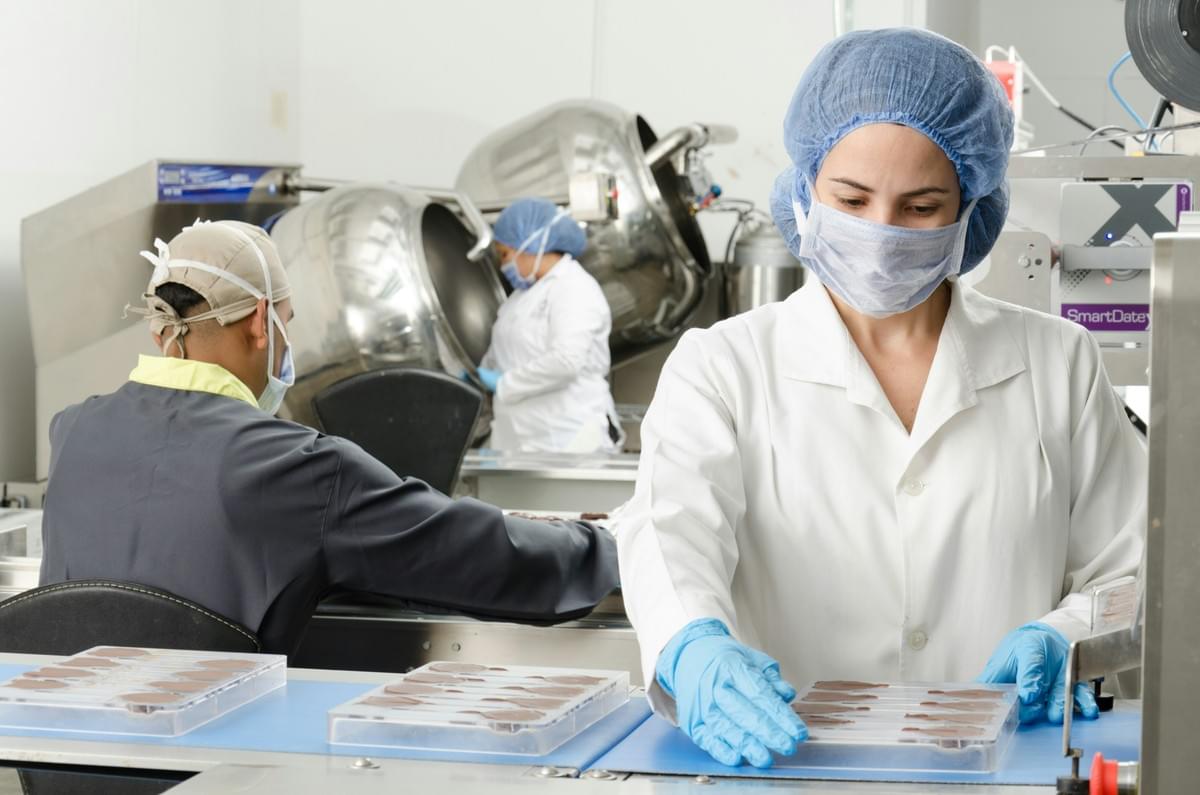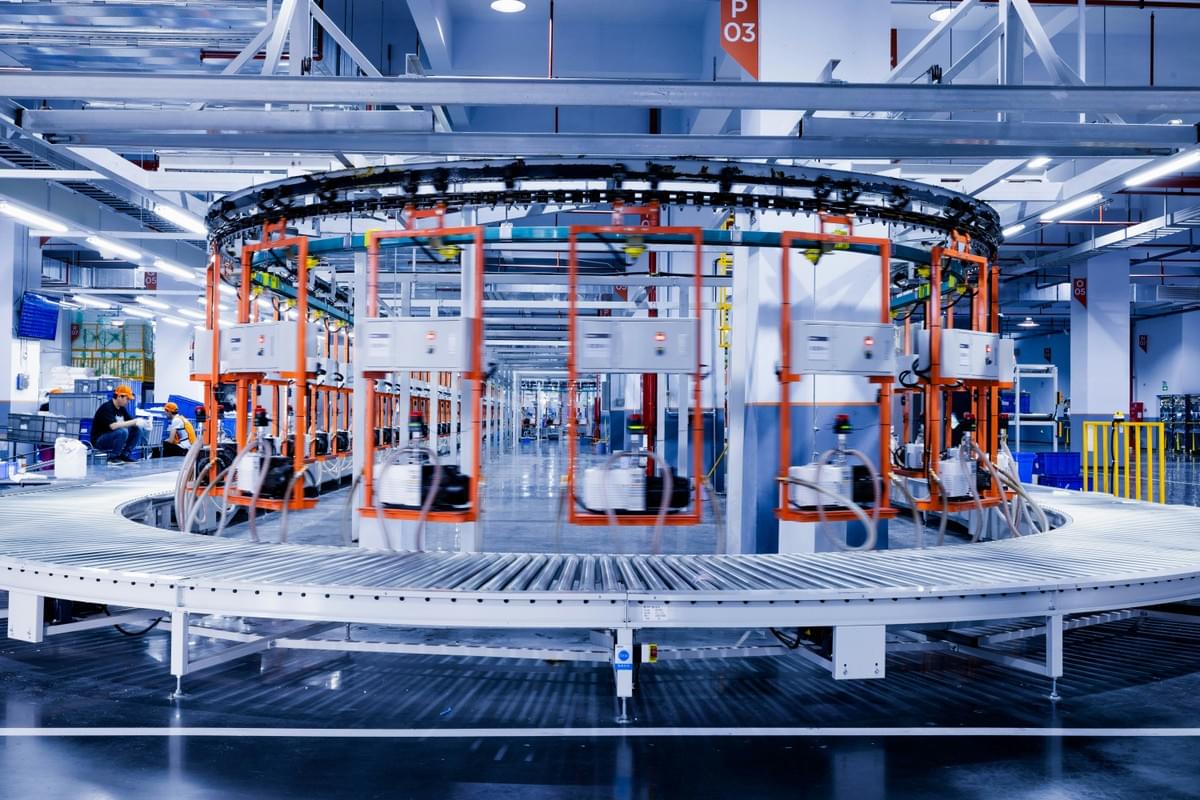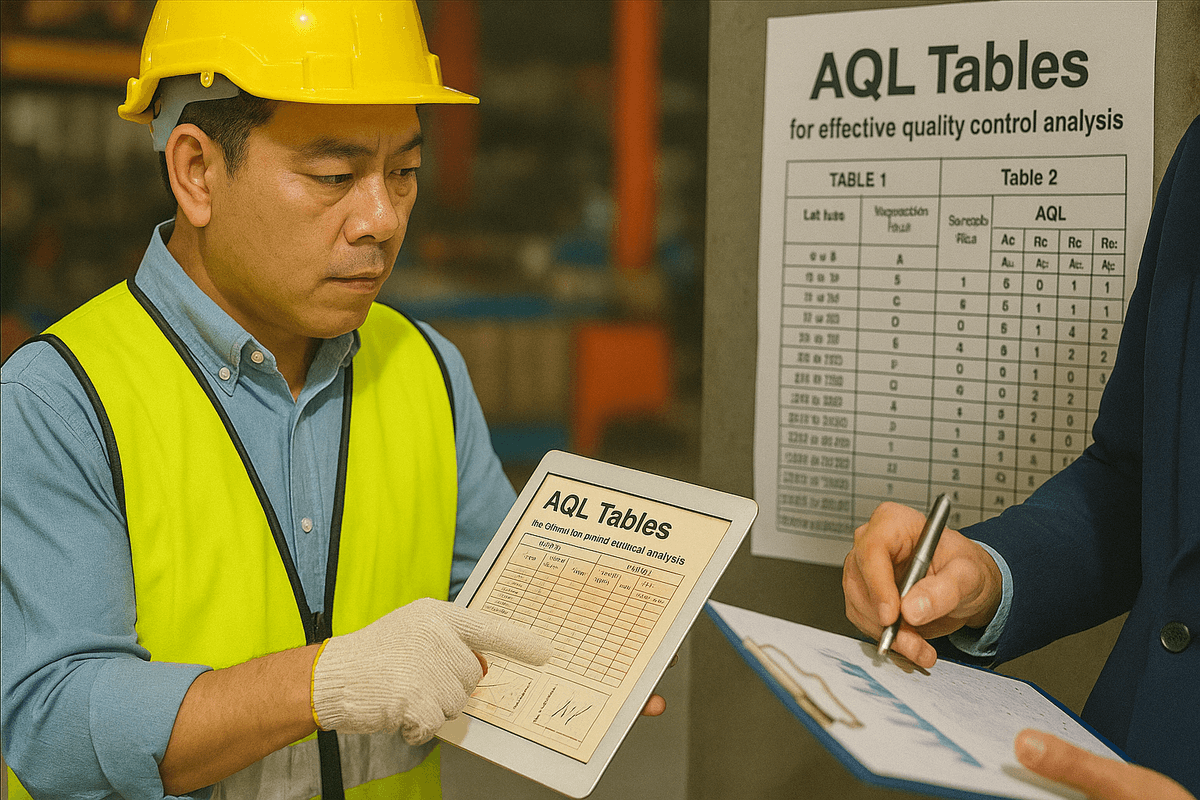Introduction
In the world of manufacturing and construction, quality assurance is paramount, and understanding material test certificates is a crucial aspect of this process. These certificates serve as proof that materials meet specified standards and regulations, ensuring safety and reliability in various applications. As we delve into the topic, we'll explore what is a material certificate, the importance of mill test certificates, and address common questions about material certificates.
Understanding Material Test Certificates
Material test certificates (MTCs) are essential documents that provide detailed information about the properties and quality of materials used in production. They typically include data such as chemical composition, mechanical properties, and compliance with industry standards. But what are material certificates? Essentially, they are the official records that verify the integrity of materials before they reach consumers or construction sites.
Importance of Mill Test Certificates
Mill test certificates play a vital role in ensuring that materials adhere to safety regulations and performance specifications. By providing transparency regarding material quality, MTCs help manufacturers avoid costly errors and maintain their reputation in competitive markets. Moreover, understanding what is the difference between MTC and TC can clarify how these documents contribute to overall product quality.
Common Questions About Material Certificates
As industries increasingly rely on certifications for compliance purposes, several common questions arise regarding these crucial documents. For instance: What is the difference between 2.1 and 2.2 material certificate? This distinction can have significant implications for both manufacturers and buyers when selecting appropriate materials for projects. Additionally, knowing how to get a material test certificate can streamline processes for businesses seeking reliable suppliers while ensuring adherence to necessary standards.
What Is a Material Test Certificate?

When diving into the realm of quality assurance and compliance, understanding what a material test certificate (MTC) is becomes crucial. An MTC is a document that verifies the properties and quality of materials used in manufacturing processes. It serves as proof that the materials meet specific standards and specifications, ensuring safety and reliability in various applications.
Definition and Purpose
So, what is a material certificate? At its core, it's an essential document provided by manufacturers that details the physical and chemical properties of materials. The purpose of an MTC is twofold: it assures buyers about the quality of materials they are purchasing while also helping manufacturers maintain compliance with industry regulations. Essentially, it's like a report card for materials—providing transparency and accountability throughout the supply chain.
Key Elements of an MTC
Key elements found in a material test certificate include details such as batch number, chemical composition, mechanical properties, and testing methods used. Each MTC typically contains information about the manufacturer’s name, product description, and relevant standards applied during testing. These components are vital for anyone asking what are material certificates? They provide clarity on whether the materials meet specific requirements for their intended use.
Industries That Use MTCs
Material test certificates are widely utilized across various industries including construction, aerospace, automotive, and manufacturing. In these sectors, ensuring that materials meet stringent safety standards is paramount; hence why understanding what is the difference between MTC and TC can be critical for compliance purposes. From steel beams to aircraft components, MTCs play a pivotal role in guaranteeing product integrity across numerous applications.
What Are Material Certificates?

Material certificates are essential documents that provide detailed information about the properties and quality of materials used in manufacturing. They serve as a formal declaration from suppliers or manufacturers, indicating that the materials meet specific standards and requirements. Understanding what are material certificates is crucial for businesses aiming to ensure product integrity and compliance.
Overview of Material Certificates
So, what is a material certificate? It’s a document that certifies the specifications, chemical composition, mechanical properties, and other relevant details of a material. These certificates are often required in industries such as construction, aerospace, automotive, and manufacturing to verify that the materials used align with industry standards and regulations.
When looking into what are material certificates, it’s important to note that they can vary significantly based on industry requirements. They not only enhance transparency between suppliers and buyers but also play a critical role in maintaining safety standards throughout the supply chain. In essence, they act as proof that the materials have been tested and verified according to specified criteria.
Types of Material Certificates
There are several types of material certificates available depending on their intended use. The most common include Mill Test Certificates (MTC), Test Certificates (TC), and specific compliance certifications like 2.1 or 2.2 certificates. Each type serves a unique purpose; for example, MTCs typically provide more comprehensive details regarding testing results than standard TCs.
Understanding what is the difference between MTC and TC is vital for manufacturers when deciding which certificate best suits their needs. While MTCs offer extensive data about mechanical properties and chemical composition directly from the mill or factory, TCs may only confirm compliance with certain specifications without delving into detailed test results. This distinction can have significant implications for quality assurance processes.
Significance in Compliance and Quality Assurance
The significance of material certificates in compliance cannot be overstated; they ensure that products meet legal regulations and industry standards before reaching consumers or clients. By utilizing these documents effectively, businesses can minimize risks associated with non-compliance while enhancing their reputation for quality assurance within their respective markets.
When asking how to get a material test certificate, understanding its importance helps streamline the acquisition process by emphasizing its necessity during production planning phases. Moreover, having robust documentation fosters trust among stakeholders—clients feel confident knowing that their suppliers adhere to strict quality measures backed by credible certifications.
In summary, knowing what are material certificates equips businesses with crucial information needed for regulatory compliance while promoting high-quality production practices across industries.
What Is the Difference Between MTC and TC?

When navigating the world of material certifications, it’s essential to understand the distinction between two commonly used documents: Material Test Certificates (MTC) and Test Certificates (TC). While they may seem similar at first glance, their purposes and implications can vary significantly. Knowing what is a material certificate in both contexts can help ensure compliance and quality assurance in various industries.
Definitions of MTC and TC
A Material Test Certificate (MTC) is a document that provides detailed information about the physical and chemical properties of materials, often issued by manufacturers or testing laboratories. It serves as proof that the materials meet specific standards and specifications required for their intended use. On the other hand, a Test Certificate (TC) typically verifies that a product has undergone certain tests or inspections but may not provide as comprehensive data on material properties as an MTC does.
Understanding what are material certificates like MTCs helps buyers make informed decisions based on the quality of materials they are purchasing. In contrast, TCs often serve as a more general confirmation of compliance with regulations or industry standards without delving into specific attributes of the materials involved. Therefore, knowing what is the difference between MTC and TC can significantly impact your procurement strategies.
Use Cases of Each Certificate
The use cases for Material Test Certificates are prevalent across industries such as construction, manufacturing, and aerospace where precise material specifications are crucial for safety and performance. For instance, when sourcing steel for structural applications, an MTC provides essential details about yield strength, tensile strength, and chemical composition that ensure compliance with project requirements. In contrast, Test Certificates might be more applicable in scenarios where general compliance verification suffices—like confirming that products meet specific industry regulations but don’t require exhaustive property data.
What is a material certificate's role in these contexts? An MTC will often be requested during procurement processes to assure buyers of material integrity before project commencement. Meanwhile, TCs might be utilized in situations where regulatory bodies require proof of testing without needing extensive details about each component involved.
Impact on Quality Control
The impact on quality control stemming from understanding what are material certificates cannot be overstated; they form the backbone of effective quality assurance practices within manufacturing processes. An MTC enables manufacturers to verify that incoming materials conform to specified standards before production begins—minimizing risks associated with subpar materials entering production lines. Conversely, while TCs can confirm adherence to regulations or test conditions met during inspections, they may not provide sufficient granularity regarding individual materials' characteristics.
What is the difference between 2.1 and 2.2 material certificate classifications also plays into this discussion; each classification has its own implications for how thoroughly materials have been tested or verified prior to use in production environments. Ensuring robust quality control through proper documentation like MTCs allows businesses to maintain high standards while reducing liability risks associated with inferior products entering their supply chain.
What Is the Difference Between 2.1 and 2.2 Material Certificate?

When navigating the world of material certificates, particularly for manufacturers and buyers, understanding the nuances between different types is crucial. This section will clarify what is the difference between 2.1 and 2.2 material certificates, shedding light on their specific meanings and implications for quality assurance in various industries. By grasping these distinctions, stakeholders can make informed decisions that align with compliance standards.
Explanation of Certificate Types
A 2.1 material certificate is essentially a declaration from the manufacturer that confirms the compliance of materials with specified requirements without any third-party verification involved. It provides basic details such as chemical composition and mechanical properties but lacks independent validation, which may raise questions about its reliability in certain applications. On the other hand, a 2.2 material certificate includes similar information but adds an extra layer of credibility by being verified by an independent inspection agency or organization, ensuring greater trustworthiness.
Understanding these definitions is vital when asking what are material certificates? Both types serve as documentation for quality control but differ significantly in terms of verification processes and reliability levels provided to users in various sectors like construction or manufacturing industries. Thus, knowing what is the difference between MTC and TC helps clarify how each certificate fits into broader compliance frameworks.
Implications for Manufacturers and Buyers
The choice between a 2.1 and a 2.2 certificate can have significant implications for both manufacturers and buyers when it comes to quality assurance practices within their operations. For manufacturers, opting for a 2.1 certificate might streamline production processes by reducing costs associated with third-party verification; however, this could lead to potential challenges if clients require more robust proof of compliance or if regulatory standards demand higher accountability levels in certain industries.
For buyers, understanding what is a material certificate becomes crucial when evaluating supplier credibility; selecting materials backed by a 2.2 certificate ensures they are sourcing products that meet stringent quality checks from independent sources—an essential factor when safety or performance standards are paramount in projects they undertake or products they develop themselves! In essence, recognizing what is the difference between 2.1 and 2.2 material certificates allows both parties to align expectations effectively while mitigating risks associated with subpar materials.
Choosing the Right Certificate
Choosing between a 2.1 or a 2.2 material certificate ultimately depends on specific project requirements, industry regulations, and risk tolerance levels for both manufacturers and buyers alike! Companies operating within highly regulated sectors may lean towards obtaining a more rigorous certification process—like that offered through a 2.2 certificate—to ensure comprehensive compliance with all relevant standards while enhancing their reputation among clients seeking reliable suppliers who prioritize quality assurance.
Conversely, businesses engaged in less critical applications might find that securing only a basic level certification suffices; thus answering how to get a material test certificate becomes simpler without compromising operational efficiency! Ultimately, making an informed decision regarding which type of certification best suits your needs hinges on understanding not just what are material certificates but also weighing factors such as cost implications versus potential liabilities down the road.
How to Get a Material Test Certificate?
Obtaining a Material Test Certificate (MTC) is a crucial step for manufacturers and buyers alike, ensuring that materials meet specific standards and quality requirements. The process may seem daunting at first, but breaking it down into manageable steps can simplify the task. Knowing how to get a material test certificate will not only aid in compliance but also enhance trust in the materials you use.
Steps to Obtain an MTC
To start the journey toward acquiring an MTC, you first need to identify the specific requirements relevant to your industry or project. This includes understanding what is a material certificate and its significance in your context. Once you have clarity on what is needed, reach out to your supplier or manufacturer; they should be able to provide you with the necessary documentation or direct you on how to get a material test certificate.
Next, ensure that all materials are tested according to industry standards before issuing an MTC. This involves rigorous testing procedures that confirm compliance with specifications. Lastly, request the MTC from your supplier after testing; this document should detail everything from chemical composition to mechanical properties—essentially answering the question: what are material certificates?
Role of Inspection Companies like China Inspection Pro
Inspection companies play a pivotal role in facilitating the issuance of Material Test Certificates by providing third-party verification of materials' quality and compliance. When asking what is the difference between MTC and TC, it's essential to note that while both serve as proof of quality, an inspection company ensures that these documents are trustworthy and accurate.
China Inspection Pro specializes in this area by conducting thorough inspections and tests on various materials before they receive their certificates. Their expertise not only streamlines how to get a material test certificate but also enhances overall confidence in product integrity—especially crucial when considering what is the difference between 2.1 and 2.2 material certificates? In essence, they help bridge any gaps between manufacturers and buyers regarding certification processes.
Best Practices for Smooth Certification
To ensure a smooth certification process for obtaining an MTC, it’s essential first to maintain clear communication with all stakeholders involved—manufacturers, suppliers, and inspection companies alike should be on the same page about expectations and requirements. Keeping meticulous records of testing procedures will also facilitate answering common questions about material certificates later down the line.
Additionally, familiarize yourself with industry standards related to your materials; knowing what is required ahead of time can save significant headaches during certification processes. Finally, consider engaging with reputable inspection firms like China Inspection Pro early on; their insights can help clarify any confusion surrounding questions such as what is the difference between MTC and TC or even delve into specifics like 2.1 versus 2.2 certificates.
Conclusion

In wrapping up our exploration of material test certificates, it's clear that these documents play a crucial role in ensuring quality and compliance across various industries. Understanding what is a material certificate and its significance can help manufacturers and buyers navigate the complex landscape of material quality assurance. By knowing what are material certificates, the differences between them, and how to obtain them, stakeholders can make informed decisions that enhance product integrity.
Key Takeaways on Material Certificates
Material test certificates are essential documents that provide verification of the properties and specifications of materials used in production. What is a material certificate? It is essentially proof that materials meet specific standards required by various industries. Familiarity with different types of certificates—like MTCs and TCs—and understanding what is the difference between MTC and TC can significantly impact quality control processes.
The Relevance of MTC in Your Industry
Mill Test Certificates (MTCs) hold particular relevance in sectors such as construction, manufacturing, and aerospace where material integrity is paramount. Knowing what are material certificates helps organizations ensure compliance with industry regulations while also fostering trust among clients and partners. Additionally, understanding what is the difference between 2.1 and 2.2 material certificate can aid companies in selecting appropriate documentation for their specific applications.
Ensuring Quality Through Certifications
To maintain high standards, knowing how to get a material test certificate should be part of every procurement strategy. Engaging reputable inspection companies can streamline this process, ensuring you receive accurate documentation swiftly—after all, time is money! By prioritizing certifications like MTCs, businesses not only comply with regulations but also reinforce their commitment to quality assurance.
